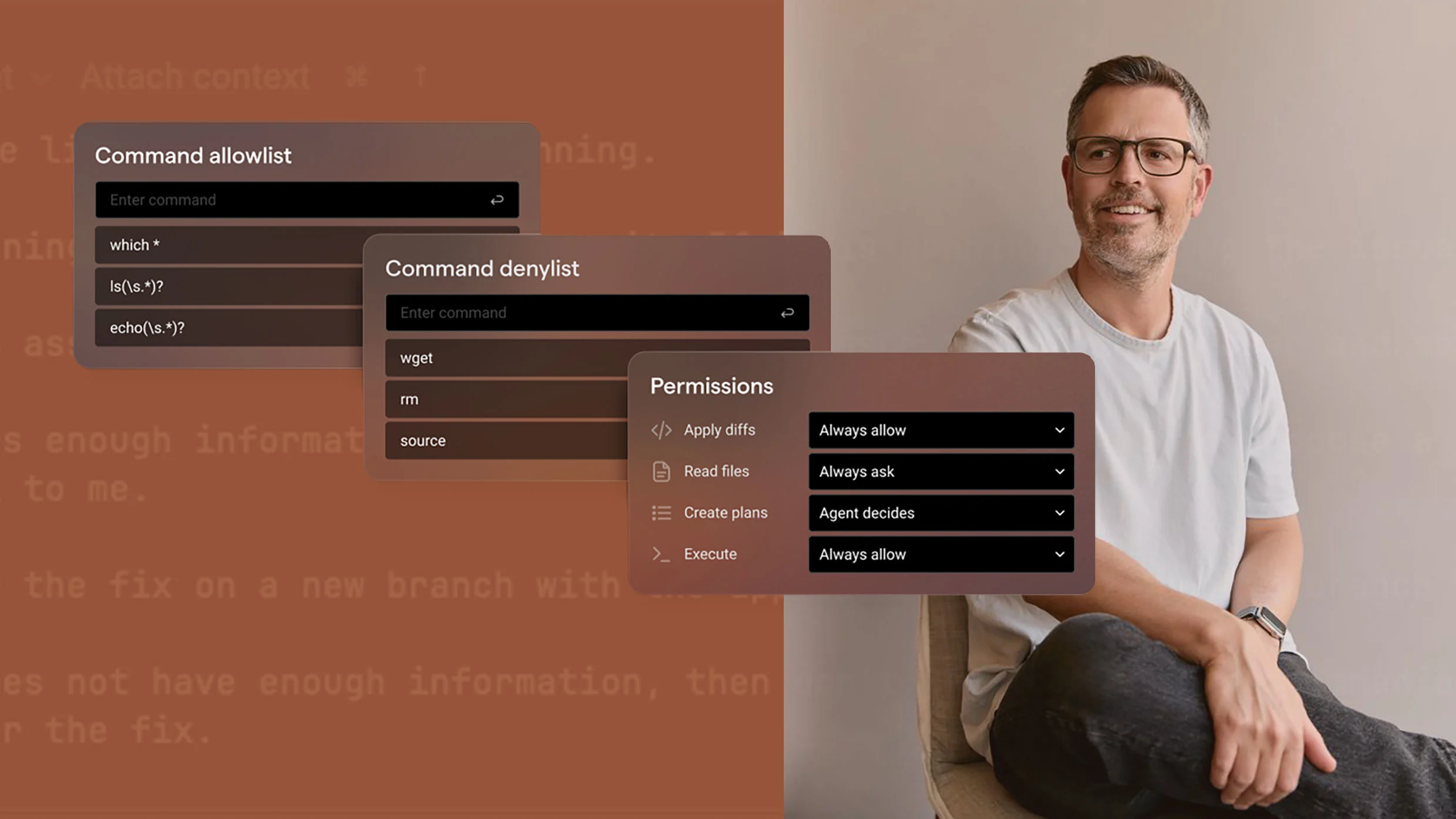AI-Enhanced Recruitment Scams: A Growing Concern
The digital age has introduced myriad conveniences, but alongside these advancements, scammers have adopted sophisticated tools, such as artificial intelligence (AI), to bolster their deceptive schemes. Recent research highlights a concerning trend where fraudsters use AI to alter their appearances and create fake profiles to apply for remote job positions.
Scammers now have the ability to utilize AI at virtually every stage of the job application process. This technology allows them to fabricate resumes, craft believable professional headshots, and even develop intricate websites and LinkedIn profiles. This capability can result in a seemingly perfect candidate vying for open positions, only revealing their true intentions once inside the company. The endgame for these impostors often involves stealing sensitive company information or planting harmful malware.
Scaling Up the Deception
While the concept of identity theft isn’t new, AI technologies have allowed scammers to scale their malicious efforts significantly. According to Gartner, a research and advisory company, an estimated one in four job applicants will turn out to be fake by 2028.
Identifying the Fakes
In one particular incident highlighted on LinkedIn, Dawid Moczadlo, co-founder of Vidoc Security, shared a viral recording of a job interview with an AI-generated candidate. Moczadlo recounted how, during the interview, his suspicions were piqued when the candidate’s demeanor felt off. Acting on his instincts, he asked the interviewee to cover their face with their hand, a simple request designed to disrupt the facade. When the candidate refused, the interview was promptly terminated. The incident demonstrated how even basic checks can uncover the veneer of advanced technological deceptions.
Adjusting Hiring Practices
Realizing the potential threat AI-generated applicants pose, Vidoc Security transformed their hiring process. Prospective employees are now flown in for face-to-face interviews at the company’s expense, ensuring authenticity and providing peace of mind. These measures underscore the lengths companies must now go to verify candidates in the AI era.
Global Networks of Fraud
The issue extends beyond isolated cases. The Justice Department has uncovered large networks, often driven by North Korean nationals, using fake identities to secure remote jobs in the U.S. These operators frequently leverage AI to mold their fictitious personas, capitalizing on U.S.-based IT roles to funnel funds to North Korea. The Justice Department estimates these schemes are generating hundreds of millions of dollars each year, with a significant portion bolstering North Korea’s defense initiatives.
Strategies for Prevention
Recognizing the growing challenge, Vidoc’s co-founders have developed a guide for HR professionals, aimed at spotting potentially fraudulent applicants.
- Scrutinize Social Media Profiles: Begin with examining LinkedIn. Look for discrepancies like the creation date or lack of genuine connections with supposed former workplaces.
- Cultural Trivia: Pose questions related to the applicant’s claimed geographical background, such as local dining favorites, which only a true local might know.
- Prefer In-person Verification: As AI technology advances, meeting candidates face-to-face remains the most reliable method to ascertain their authenticity.
For those interested in more insights on combating digital deception, follow updates on aitechtrend.com.
Note: This article is inspired by content from CBS News. It has been rephrased for originality. Images are credited to the original source.








